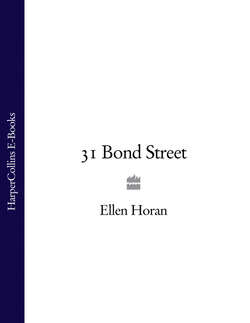Читать книгу 31 Bond Street - Ellen Horan - Страница 13
CHAPTER SEVEN
ОглавлениеWhen a man dies, who can say what deep stains may have rested, at one time or another, upon his soul? What crimes (untouchable, perhaps, by the laws of men or the rules of society) has he committed, either in evil wishes, or in reality?
Walt Whitman
February 4, 1857
Henry Clinton gazed across the East River at spots of sunlight that dappled the gold-flecked steeples of Brooklyn. Bowsprits of schooners formed an arcade across the waterfront, their hulls bobbing at their moorings. At eight thirty in the morning, he was waiting for James Armstrong to arrive from his home in Brooklyn Heights. By arrangement, they would ride uptown to the funeral of Harvey Burdell.
The Brooklyn Ferry lumbered toward Manhattan, slipping sideways, banging against the wharf, as dock hands scrambled to tighten the ropes against the pilings. Commuters hurried off: bankers with bowlers and working girls in gingham, sidestepping horse manure and piles of snow. Clinton’s carriage tilted on its springs as James Armstrong climbed aboard.
“Morning, Henry,” grumbled Armstrong, arranging his cane, newspapers, and muffler in the small space. Armstrong began each morning in a sour mood that lasted until midday, when his dour face receded behind an inscrutable mask.
“Good morning, James,” said Clinton in a robust tone. He knew that exuberance this early in the morning irritated his partner.
“Uptown, to Grace Church,” called Armstrong. The driver pulled the reins, preparing the horses to lurch into motion. A newsboy ran up, pressing the headline against the glass.
